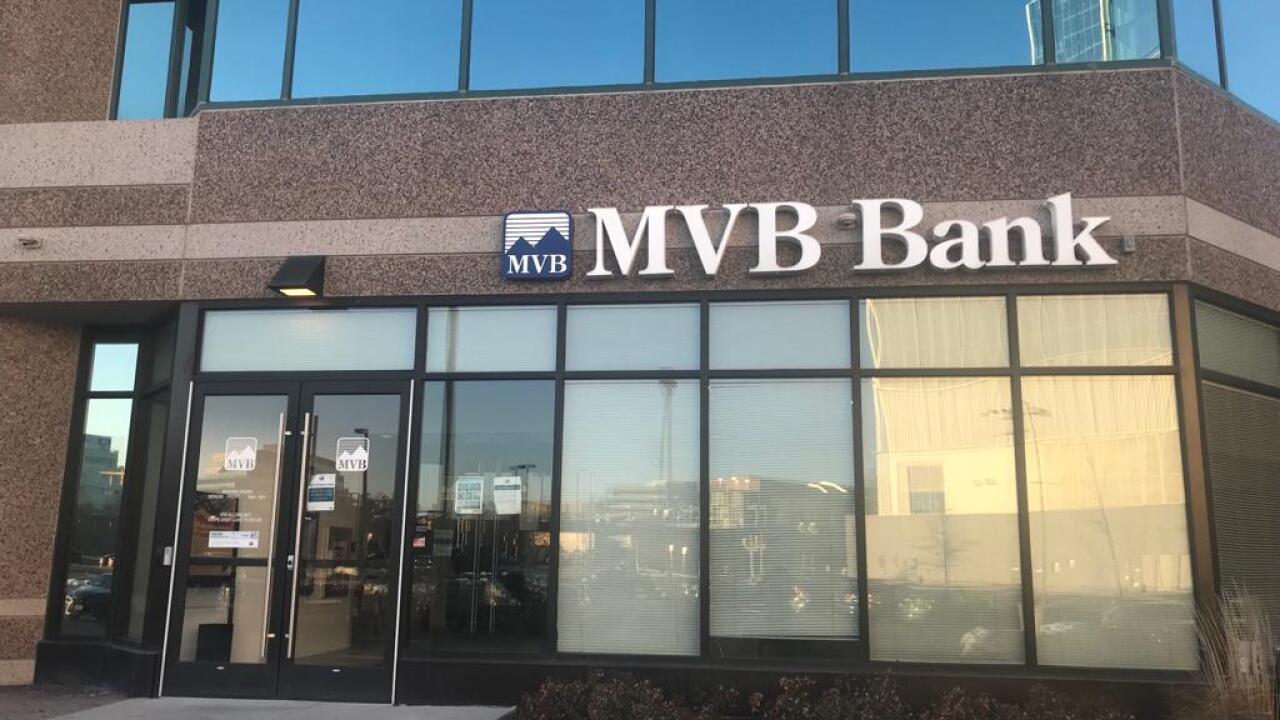In the latest salvo in a long-running feud over the costs of processing payments, Wal-Mart sued Visa's U.S. unit on Tuesday, saying the company wants the retailer to use a less-secure method for verifying debit cards in order to route transactions through its own networks to boost profits.
Wal-Mart filed a heavily redacted complaint in New York state court, arguing that Visa U.S.A. is pushing the retailer to verify debit transactions with customer signatures, rather than the chip-and-pin method. The world's largest retail chain said in its complaint that the chip-and-pin payment protocol at the checkout counter is more secure and would allow it to route transactions across less-expensive networks.
"Visa has acknowledged in many other countries that chip-and-pin offer greater security," said Wal-Mart spokesman Randy Hargrove, in a statement. "Visa nevertheless has demanded that we allow fraud-prone signature verification for debit transactions in our U.S. stores because Visa stands to make more money processing those transactions."
Connie Kim, a spokeswoman for Visa, declined to comment on the lawsuit.
Wal-Mart's lawsuit follows two decades of negotiations, court battles and Congressional lobbying between retailers and payment card networks over billions of dollars in fees paid each year to process transactions. Retailers nationwide reached a $5.7 billion settlement with Visa and rival MasterCard in 2012 over allegations that the they illegally fixed fees for credit cards through restrictive rules that prevented merchants from passing along the costs or even disclosing them to customers.
Dozens of major retailers, including Wal-Mart, dropped out of the settlement, claiming the accord wasn't big enough and that it allowed card firms too much freedom to raise rates in the future. Wal-Mart filed its own suit against Visa seeking at least $5 billion in damages, but did not pursue claims against MasterCard. The case has been settled for an undisclosed amount, according to Visa company filings.
Retailers also successfully lobbied for limits on debit card fees, passed as part of the 2010 Dodd-Frank financial reform legislation.
Visa, the world's largest payments network, long pushed for the U.S. migration to chip-card technology, which is known as EMV, named for founders Europay, MasterCard and Visa. The technology generates new codes for each card transaction and replaces magnetic stripes on cards, where the codes are permanent and can be copied and stored by hackers for later use.
In the aftermath of the transition to EMV, though, retailers have complained that the fees they're charged for debit-card payments have climbed. Many have pointed to the fact that consumers' card transactions are routed over Visa's or MasterCard's signature debit networks, where merchant fees are often more than double what they are on comparable pin debit networks, according to data compiled by the Federal Reserve.
U.S. Senator Richard Durbin, a longtime ally of retailers, wrote a letter in March to EMVCo, a group owned by credit card networks that sets standards for the industry globally, to find out whether payment networks were using the credit-card technology to hinder competition. Durbin, an Illinois Democrat, is known for inserting the controversial amendment into the Dodd-Frank Act that significantly cut fees on debit card purchases.
The case is Wal-Mart Stores Inc. v. Visa USA Inc., 652530/2016, New York State Supreme Court, New York County (Manhattan).





